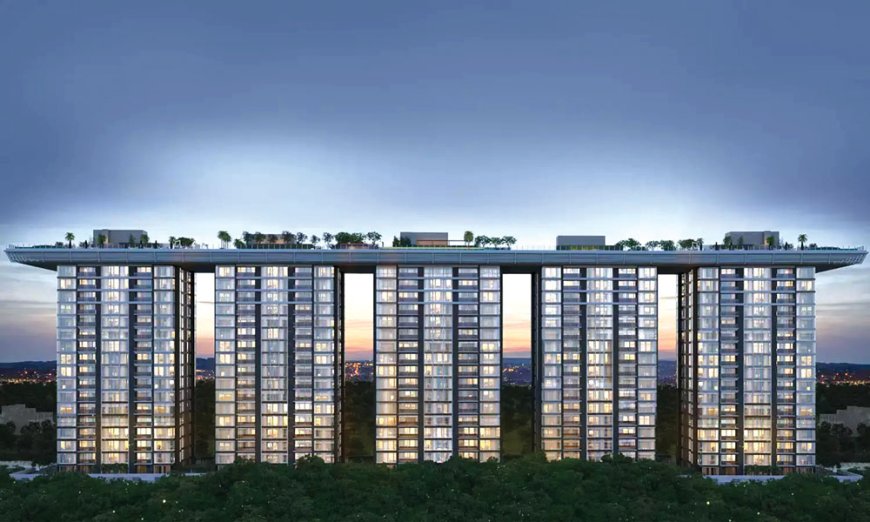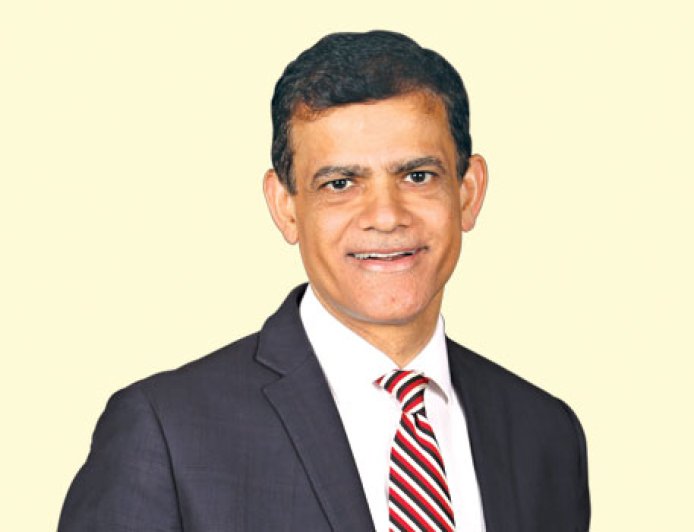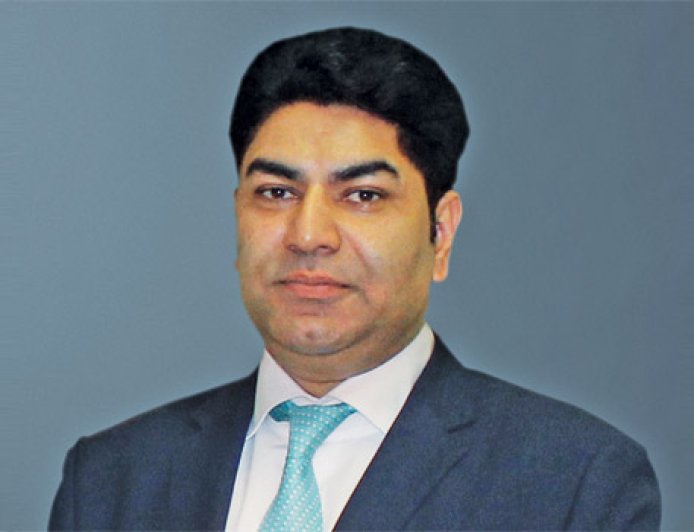Poised for a Leap

The expanding luxury and ultra-luxury real estate market is driving the growth of Indian real estate sector in the current market scenario. Construction Times explores the trends emerging and the market outlook.
India’s real estate market has made rapid strides in the recent past with many developers taking up land parcels to build new projects. Redevelopment projects are also gaining momentum in cities such as Mumbai and Delhi NCR. While the affordable and medium segments are showing a steady demand in cities, the luxury and ultra-luxury markets have seen huge demand growth in metro cities as well as tier-2 and tier-3 cities.
A growing market
Demand trends
According to the CREDAI-MCHI report, buyers are prioritizing larger, well-equipped homes in prime locations, signaling a shift towards premium living. The consistent rise in sales value across cities underscores resilient demand for high-end properties, even in regions where unit sales saw a modest decline. Cities like NCR and Bengaluru stood out with significant growth in high-value property transactions, reflecting their appeal among affluent buyers.

The luxury real estate market growth is not limited to tier-1 cities anymore. “Luxury real estate in tier-2 and tier-3 cities is witnessing a gradual but notable uptick, driven by improved infrastructure, and relatively lower property prices. Cities like Chandigarh, Kochi, Indore, and Ahmedabad are seeing increased development of luxury projects, albeit at a different price point compared to metro cities,” says Anuj Puri, Chairman, ANAROCK Group.
 The hospitality sector is also reshaping the luxury market significantly. “The burgeoning population of ultra-high-net-worth-individuals (UHNIs) and high-net-worth-individuals (HNIs) in India presents a compelling opportunity for luxury hotel chains to expand their branded residence portfolio. This aligns with a growing domestic demand for residences that mirror the world-class amenities and personalized services characteristic of luxury hotels,” says Anshuman Magazine, Chairman & CEO - India, South-East Asia, Middle East & Africa, CBRE.
The hospitality sector is also reshaping the luxury market significantly. “The burgeoning population of ultra-high-net-worth-individuals (UHNIs) and high-net-worth-individuals (HNIs) in India presents a compelling opportunity for luxury hotel chains to expand their branded residence portfolio. This aligns with a growing domestic demand for residences that mirror the world-class amenities and personalized services characteristic of luxury hotels,” says Anshuman Magazine, Chairman & CEO - India, South-East Asia, Middle East & Africa, CBRE.
Builders’ views
 “The luxury and ultra-luxury real estate markets in India are witnessing significant growth not only in traditional hubs but also in emerging cities that cater to a growing class of affluent buyers. While metros like Hyderabad, Bengaluru, and Mumbai remain dominant, several tier-2 and tier-3 cities like Amaravati are rapidly becoming hotspots for high-end projects,” says Rakesh Reddy, Director, Aparna Constructions.
“The luxury and ultra-luxury real estate markets in India are witnessing significant growth not only in traditional hubs but also in emerging cities that cater to a growing class of affluent buyers. While metros like Hyderabad, Bengaluru, and Mumbai remain dominant, several tier-2 and tier-3 cities like Amaravati are rapidly becoming hotspots for high-end projects,” says Rakesh Reddy, Director, Aparna Constructions.
 “India's luxury real estate market is experiencing a notable shift, as developers cater to clients who value exclusivity and personalized living. This trend brings forth residences defined by innovative design and meticulous craftsmanship, setting a new standard for luxury homes while also supporting environmental sustainability,” says Ashish Dhami, Chief of Sales, Marketing and Product Design, K Raheja Corp Homes.
“India's luxury real estate market is experiencing a notable shift, as developers cater to clients who value exclusivity and personalized living. This trend brings forth residences defined by innovative design and meticulous craftsmanship, setting a new standard for luxury homes while also supporting environmental sustainability,” says Ashish Dhami, Chief of Sales, Marketing and Product Design, K Raheja Corp Homes.
 “The luxury real estate market in India is undergoing a transformative phase, and we remain optimistic about its continued growth in 2024 and beyond. As more individuals enter the affluent segment due to rising disposable incomes and rapid urbanization, there is a noticeable shift towards properties that reflect success and an elevated standard of living,” Jitendra Singh, CSO, Runwal Realty.
“The luxury real estate market in India is undergoing a transformative phase, and we remain optimistic about its continued growth in 2024 and beyond. As more individuals enter the affluent segment due to rising disposable incomes and rapid urbanization, there is a noticeable shift towards properties that reflect success and an elevated standard of living,” Jitendra Singh, CSO, Runwal Realty.
 “Mumbai's luxury real estate market is on a strong growth trajectory, and we foresee an ongoing rise in demand for premium properties that offer exceptional quality and refined living experiences,”Chintan Sheth, Chairman and Managing Director, Sheth Realty.
“Mumbai's luxury real estate market is on a strong growth trajectory, and we foresee an ongoing rise in demand for premium properties that offer exceptional quality and refined living experiences,”Chintan Sheth, Chairman and Managing Director, Sheth Realty.
 “With Mumbai's skyline evolving and new infrastructure projects enhancing connectivity, we expect the demand for ultra-luxury properties to remain robust. The market is also seeing a preference for sustainable luxury, with buyers valuing eco-friendly designs and energy-efficient solutions,” says,Rahul Thomas, Whole Time Director, Suraj Estate Developers.
“With Mumbai's skyline evolving and new infrastructure projects enhancing connectivity, we expect the demand for ultra-luxury properties to remain robust. The market is also seeing a preference for sustainable luxury, with buyers valuing eco-friendly designs and energy-efficient solutions,” says,Rahul Thomas, Whole Time Director, Suraj Estate Developers.

“We anticipate a steady rise in demand for spacious, technology-enabled homes that meet the functional and aspirational needs of homebuyers. The luxury segment is set to register more demand as it fit well with the modern-day buyer's pursuit of quality, exclusivity, and enhanced living standards,” concludes Bhavesh Shah, Joint Managing Director, Today Global Developers.







